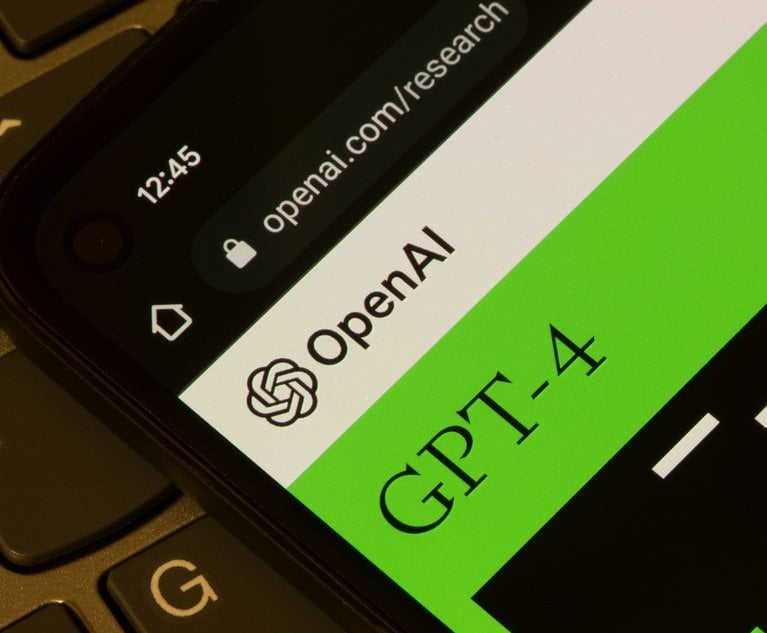AI Lawsuits | Class Action Data Privacy Attorneys | The Lyon Firm
The large-scale scraping, or harvesting, of data feeds the development of AI software, though it also runs counter to the importance of limiting data collection and protecting individual privacy. We know machine learning requires data to operate in the fullest capacity, but is AI data harvesting legal and ethical?
As companies race to create new and innovative technologies, they may be violating data privacy law in several states. The Lyon Firm is investigating egregious AI data harvesting practices on behalf of consumers nationwide. If you have reason to believe any AI system is unlawfully scraping data, you can consider filing a class action AI lawsuit against a negligent company.
AI Data Collection and Privacy Concerns
AI and data collection have almost become a single force, driving new technological advances. Tech companies have unleashed powerful software that collects vast amounts of available data to teach generative AI systems. The very nature of popular AI practices, such as machine learning, rely on consuming huge amounts of data in order to train and test algorithms. It is a simple strategy: the more data available to train online chatbots, the better they perform.
In theory, the more diverse the data, the more accurate and useful the predictions are meant to be. Just as a young student might learn, AI models increase their intelligent capacity by studying a variety of subjects. This corporate movement, however, is blurring the lines between legal data sharing and a serious invasion of privacy.

Privacy Protection and Legal Actions
Many individuals are not fully aware of the amount of information being collected and used as input data for AI systems. They are generally aware, however, of the privacy risks of a personal data free-for-all. Large tech corporations and advocates of AI innovation will say there is no turning back. But new AI data harvesting lawsuits and support from lawmakers in the arena of consumer privacy protection may see these practices curtailed in significant ways.
Generative artificial intelligence systems rely on all available data for optimal machine learning. These systems gather data from various sources such as news stories, fictional works, forum posts, Wikipedia articles, photos, podcasts, and YouTube videos. Companies are always looking for more data they can harvest and feed a system to advance technology.
Legal Issues and Data Privacy Concerns
Big tech companies have adjusted their privacy policies to legally use all the data they collect from users. Some companies have faced lawsuits over copyright and licensing due to their data scraping tactics.

The New York Times and several other newspapers have sued tech giants for using copyrighted news articles without permission to train AI systems. The legal debate centers around the fair use doctrine and the rights of news outlets.
Protecting Personal Privacy and Intellectual Property
Recent plaintiffs in AI Data Lawsuits have included authors, artists, and major media organizations who claim AI programs have used their work without consent. Filing claims against companies developing such programs may be essential to protect personal privacy and intellectual property.
Without taking legal action, large corporate defendants could cause harm without penalties. Holding companies accountable for invasion of privacy ensures individuals have control over how their data is used.
Consumer Data Privacy Law and Obligations
Under current consumer data privacy law, companies have several obligations that include protecting data and respecting intellectual property rights. Innovations in artificial intelligence raise questions about copyright law principles.
Many individuals and companies have filed AI data scraping lawsuits after what they believe are illegal data collection practices. Tech companies have allegedly ignored corporate policies and intellectual property rights.

Legal Support for Privacy Rights
The Lyon Firm’s privacy lawyers are reviewing AI data scraping lawsuits and privacy violations for plaintiffs in all fifty states. They have the resources, experience, and willingness to take on America’s largest tech corporations and fight for privacy rights and intellectual property concerns.
Contact the privacy lawyers at The Lyon Firm if you believe your privacy rights have been violated by AI data harvesting practices. Discuss the possibility of a class action claim to protect your data and privacy.




















